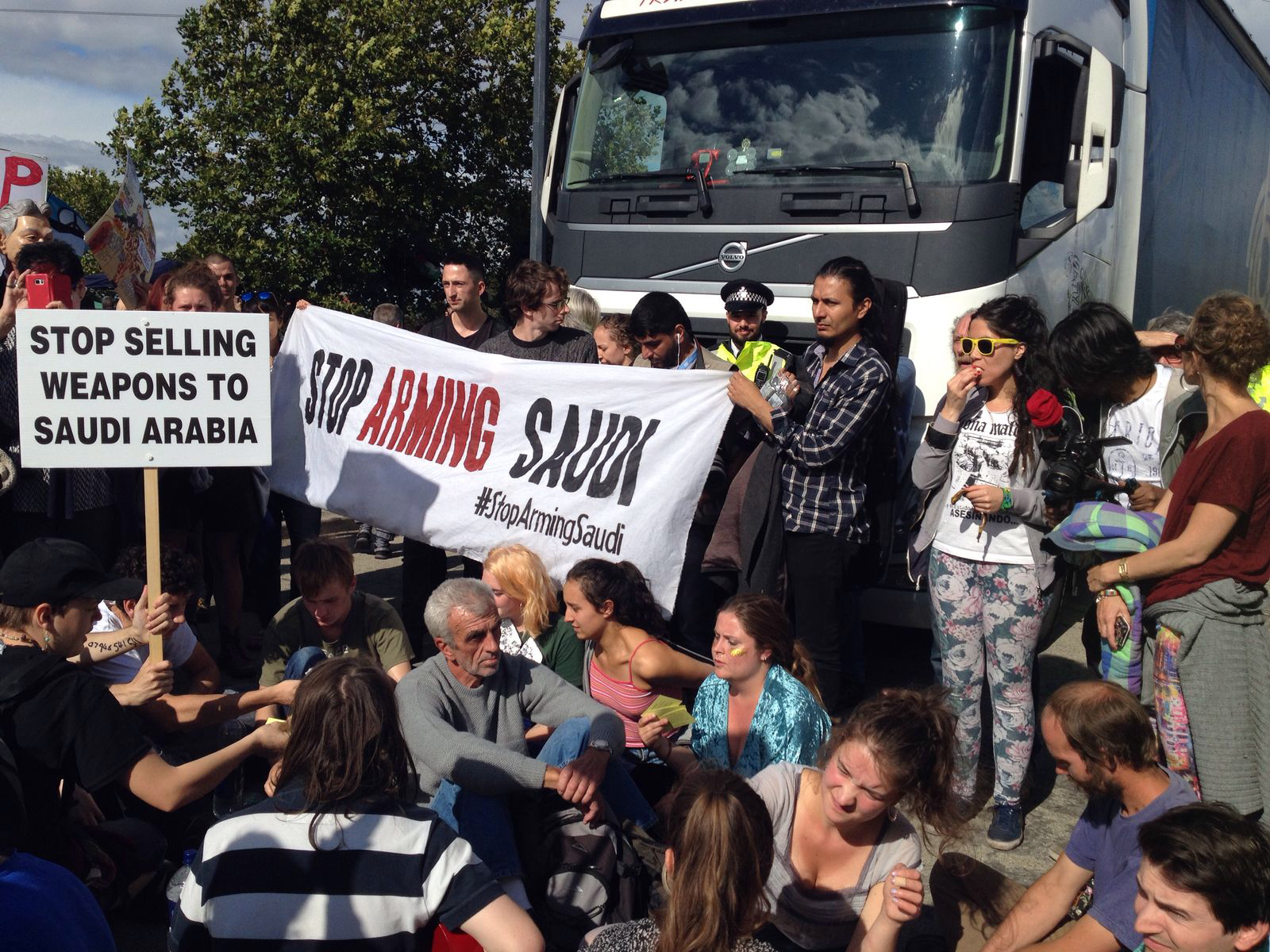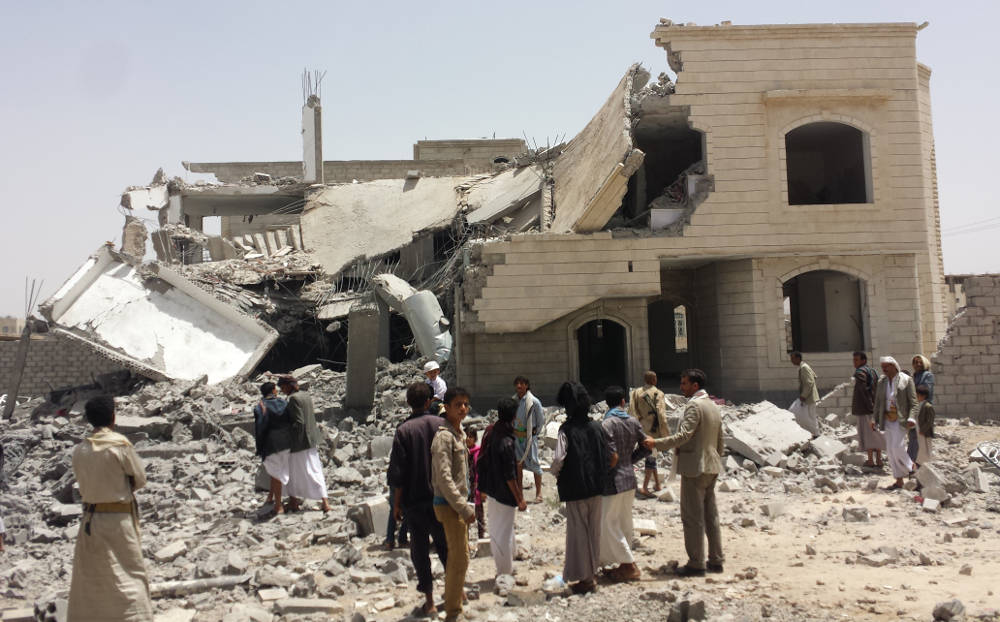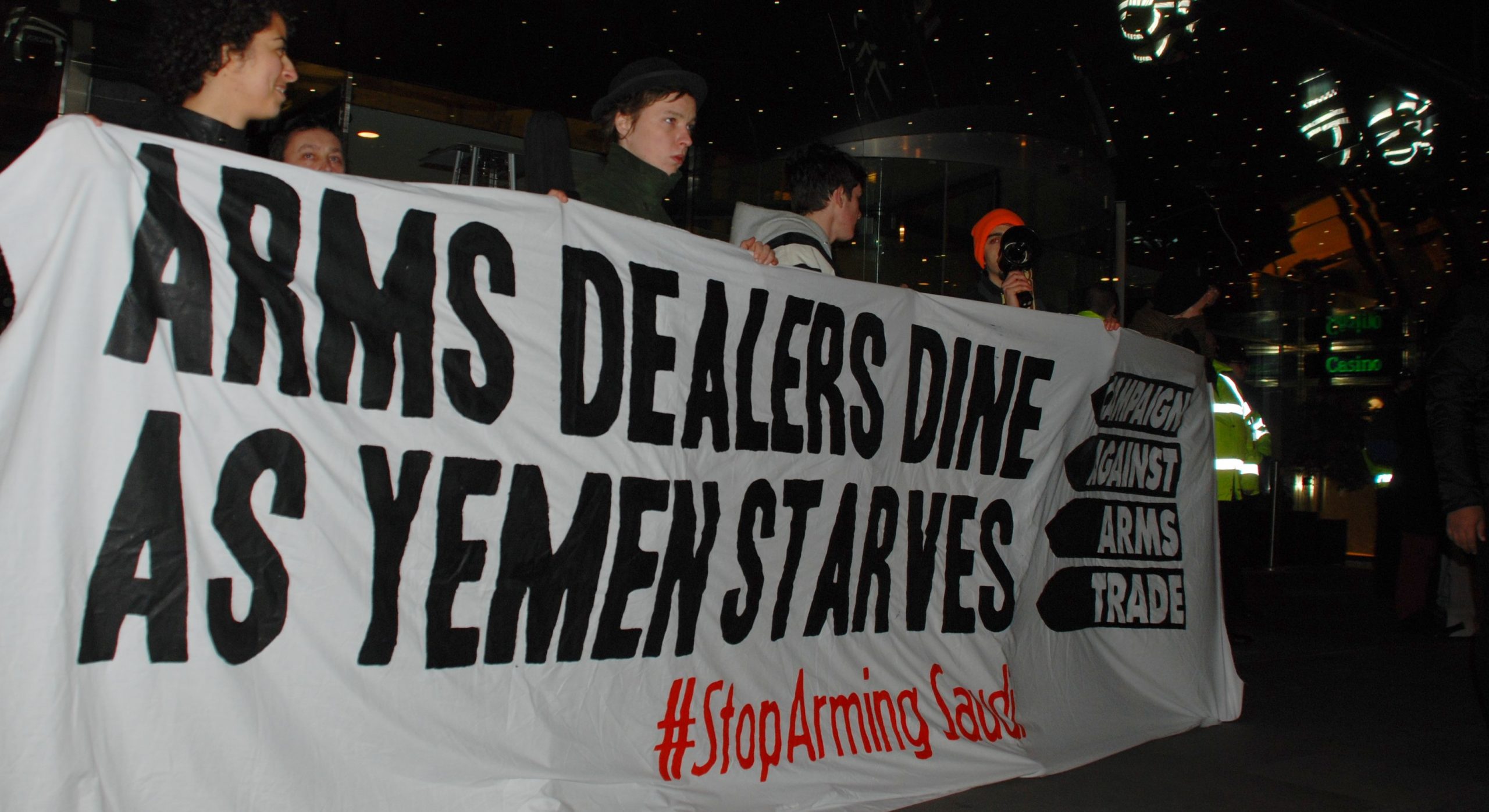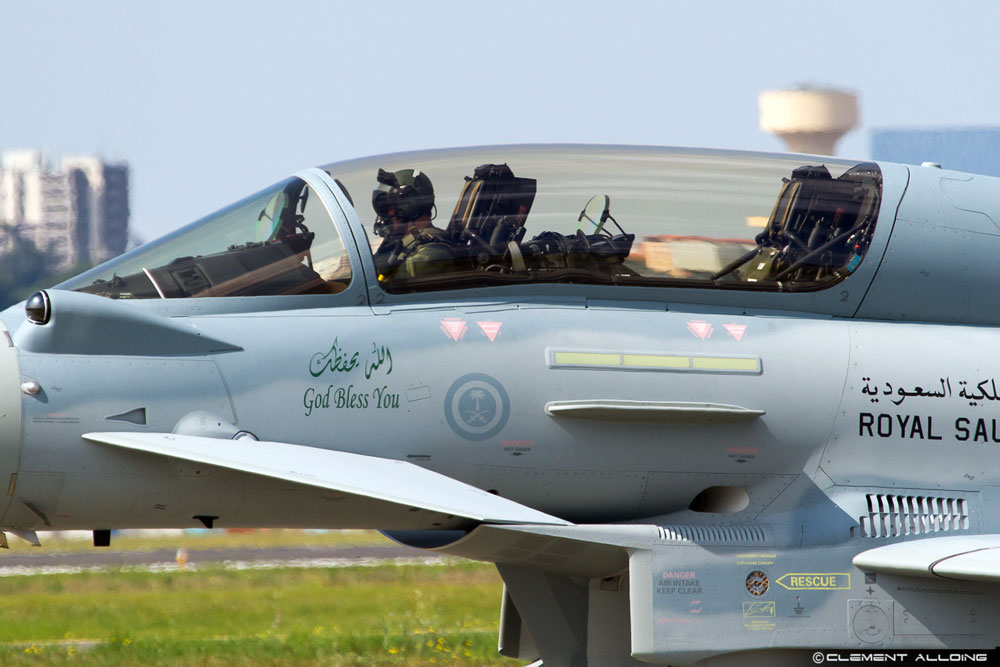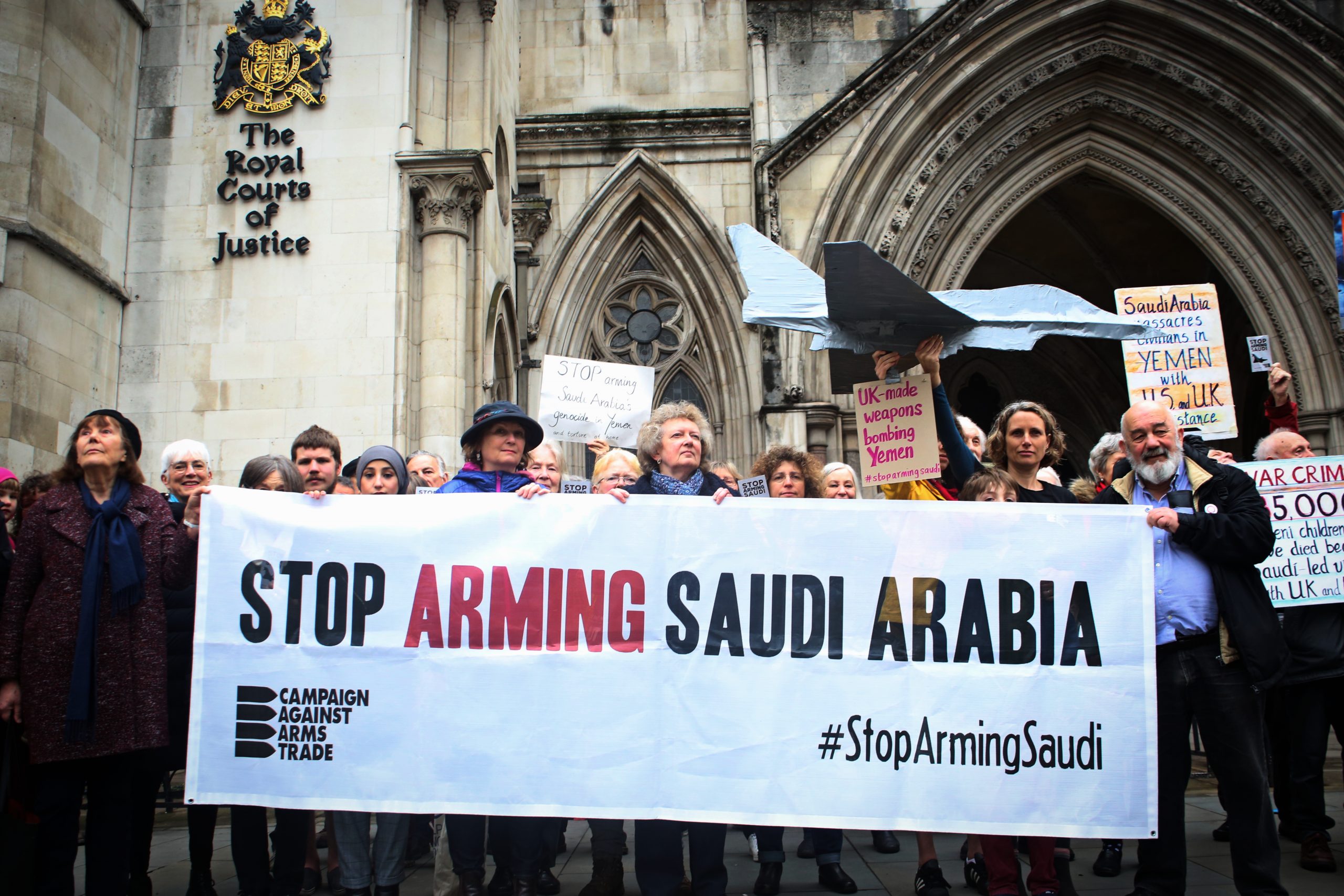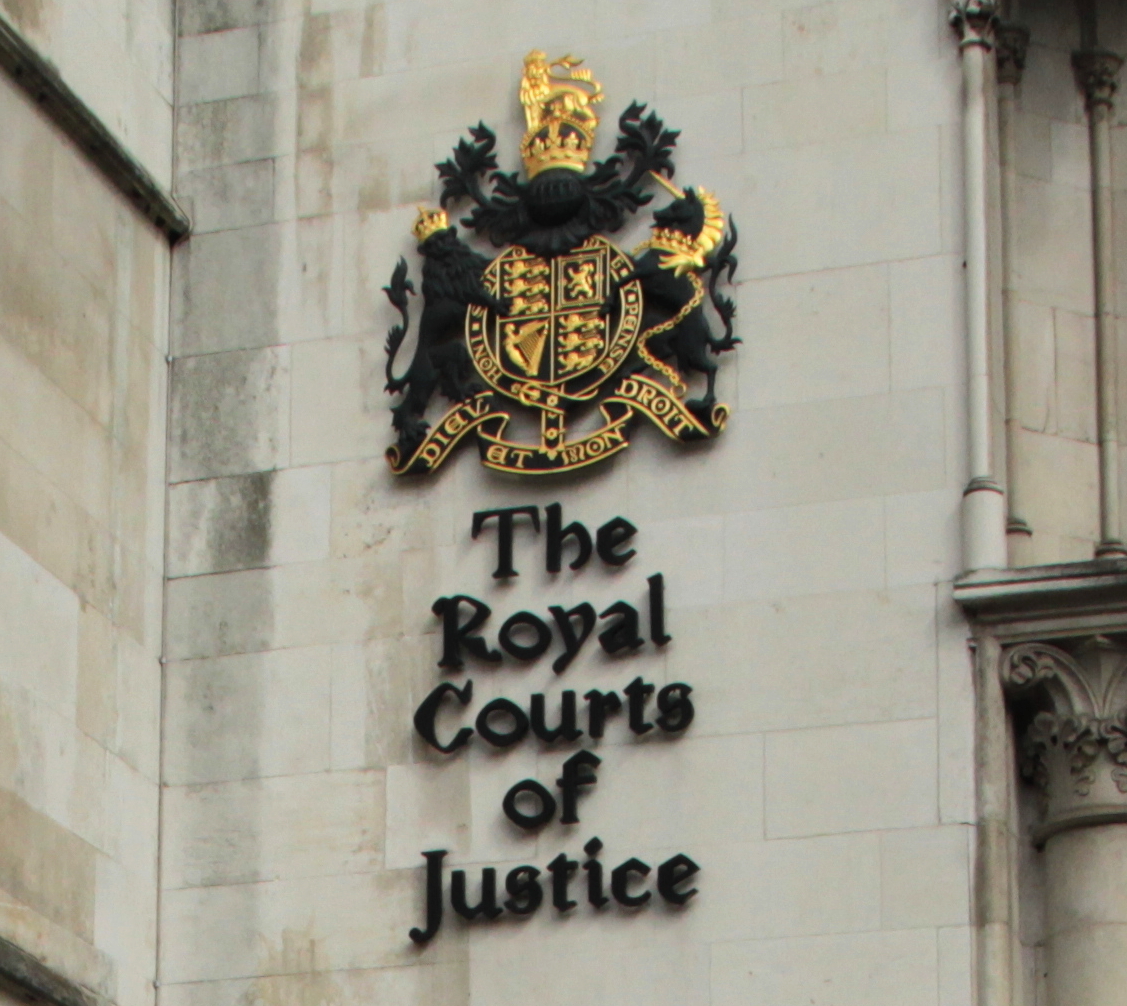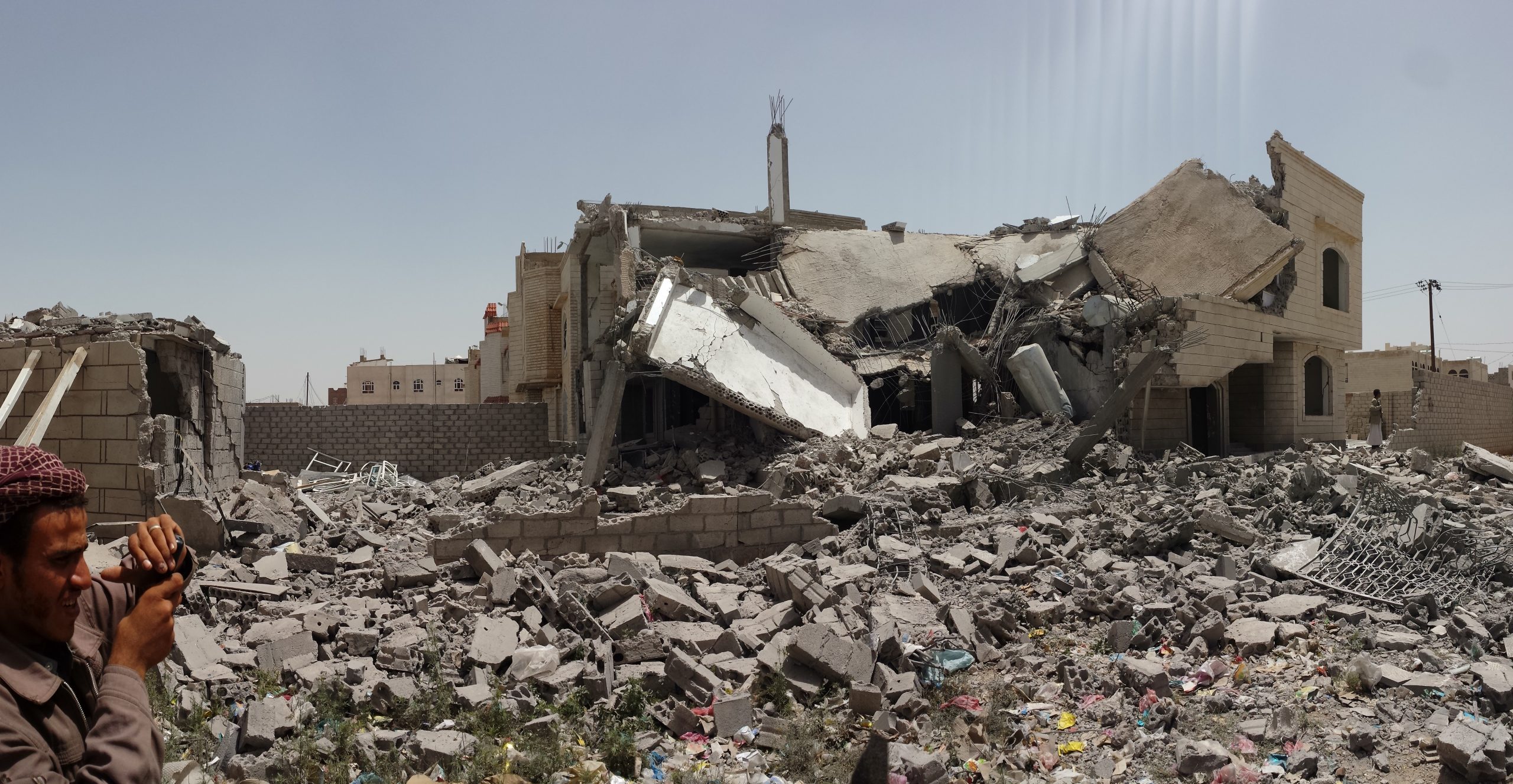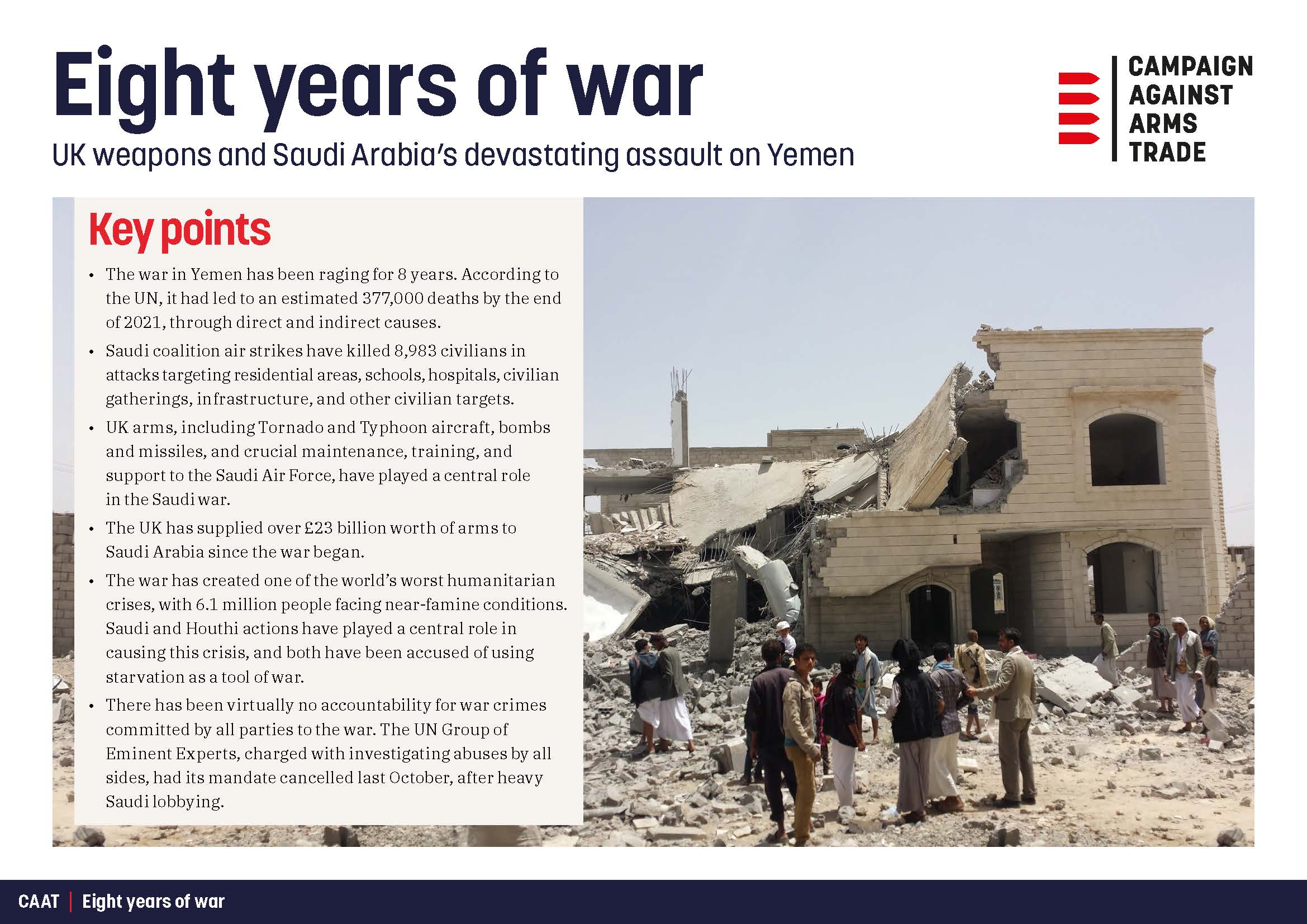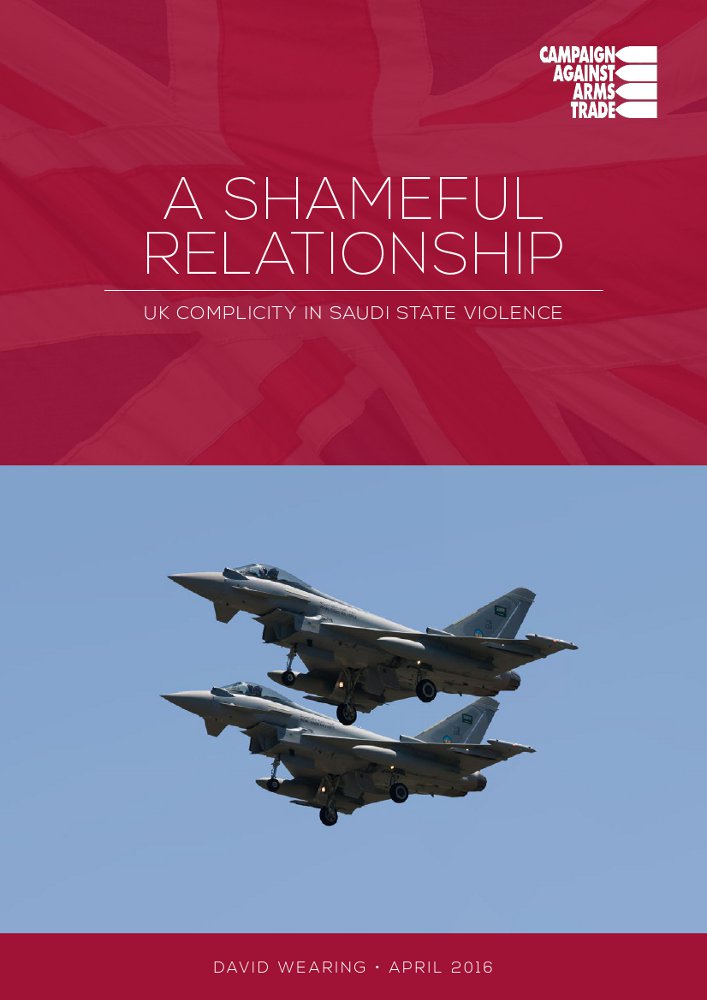Saudi Arabia remains the UK’s biggest arms customer, despite successive arms deals being shrouded in corruption. As one of the world’s most authoritarian regimes, it has also systematically committed war crimes – with UK support – in its most recent war on Yemen.
Human rights
Saudi Arabia has one of the worst human rights records in the world. It is an absolute monarchy, where political parties are banned. Dissent against the regime is not tolerated, with those criticising the regime sometimes receiving decades-long sentences for social media posts. Saudi Arabia carries out more executions than almost any country in the world, apart from China and Iran. By July 2025, Saudi Arabia had executed 214 people that year alone, on track for a record even by the regime’s bloody standards. Most of those executed had been convicted of drug offences or other non-violent crimes, and most were foreign nationals, who are particularly vulnerable to the regime’s capricious criminal “justice” system, where defendants often receive little or no legal representation, and use of confessions obtained through torture is rife. Saudi Arabia even executes minors – on 21 August 2025, they executed Jalal Labbad, born 1995, convicted on “terrorism” charges for taking part in protests he allegedly took part in in 2011-12, when he was still a child. Saudi Arabia frequently uses fake terrorism charges to persecute dissidents and peaceful protesters, up to and including the death penalty.
The war in Yemen
In March 2015, a Saudi Arabia-led coalition commenced a military campaign in Yemen, targeting Houthis and allied rebel groups. Six years of the Saudi-led coalition’s war itself caused almost a quarter of a million preventable, indirect deaths from disease and starvation. Yemen also suffered from one of the largest cholera outbreaks ever recorded in history.
UK-made warplanes, bombs and missiles played a central role in the Saudi-led coalition’s attacks on Yemen. Since the Saudi-led attack on Yemen, the UK has sold over £11 billion worth of arms to the dictatorship through fixed-value licenses. Taking into account “open” (i.e. unlimited value) licenses granted to Saudi, of which there have been 180 issued since the war started, CAAT estimates the total value of arms to Saudi to be £33.9 billion, with fixed value licences totalling £11.7 billion. Beyond arms, the UK’s Royal Air Force has played a key role, assisting in maintaining and preparing Saudi aircraft.
The UK government assiduously resisted calls from British civil society to halt arms sales to Saudi Arabia. However, following legal action led by CAAT, in June 2019 a Court of Appeal found that the UK government’s decision to continue licensing exports of military equipment to Saudi Arabia was unlawful. In response, the UK government later claimed it had completed the review ordered by the Court of Appeal, absurdly claiming that any violations of international law were “isolated incidents”, while resuming sales to the Saudi-led coalition. CAAT was granted permission to judicially review the government decision. However, in June 2023, the judges rejected CAAT’s case on all grounds.
The current UK government has unashamedly courted deeper ties with the Saudi government. In 2024, Saudi Arabia was the single largest recipient of single export licences by value, at £2.9 billion, almost all of which was in the ML4 category relating to bombs, missiles, and related equipment. In late 2024 Prime Minister Starmer visited the country, with a UK government press release hailing an increased “strategic partnership between the two countries” that would “pave the way for greater defence industrial cooperation.” In May 2025, the United States signed its largest defence sales agreement in history with Saudi Arabia.

